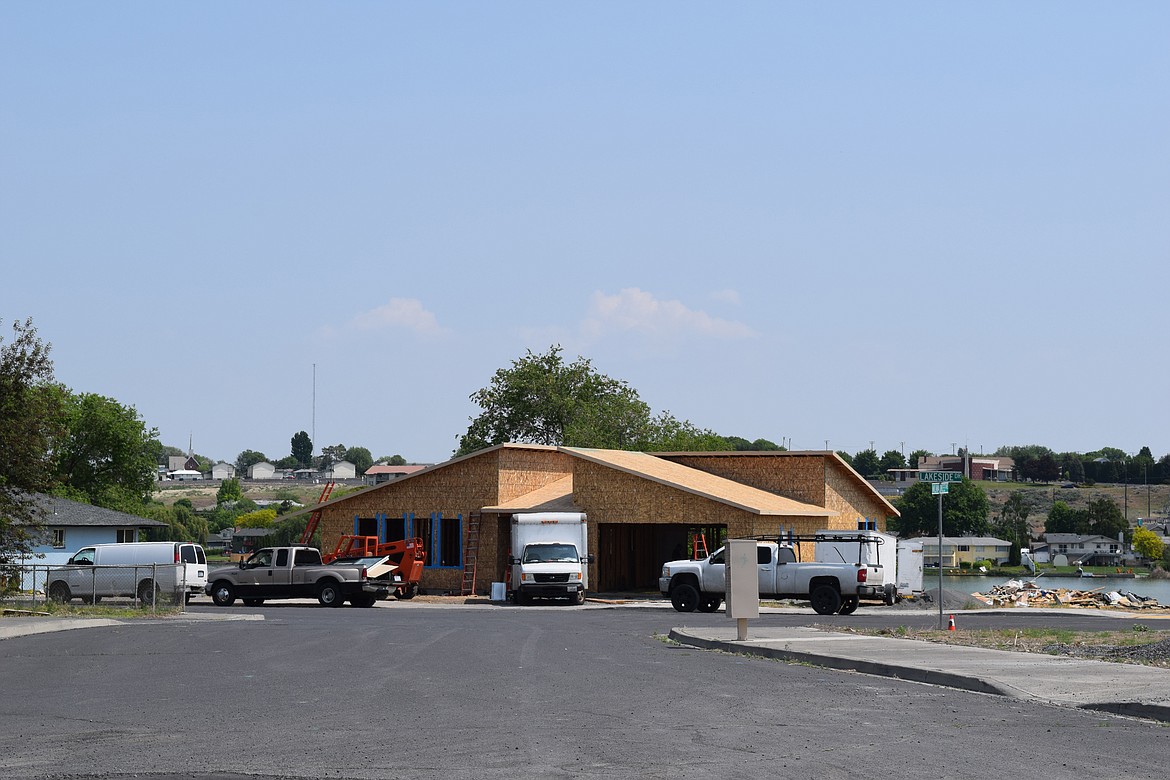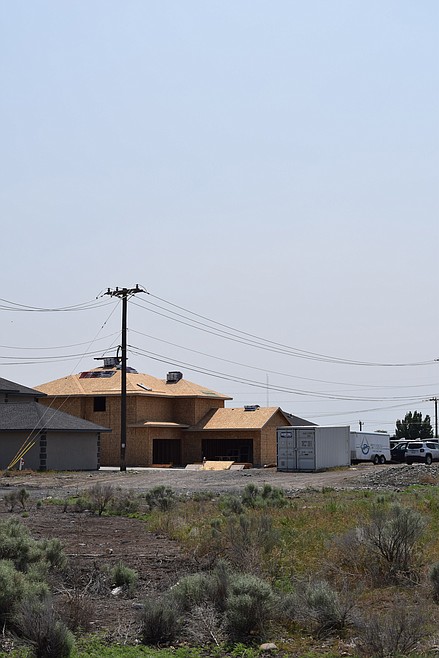Built to spec
MOSES LAKE — One of the peculiarities of the Columbia Basin is that, even in a housing crunch, we’ve got tons of land waiting to be built on. There’s space for housing, just not the homes themselves.
Become a Subscriber!
You have read all of your free articles this month. Select a plan below to start your subscription today.
Already a subscriber? Login




